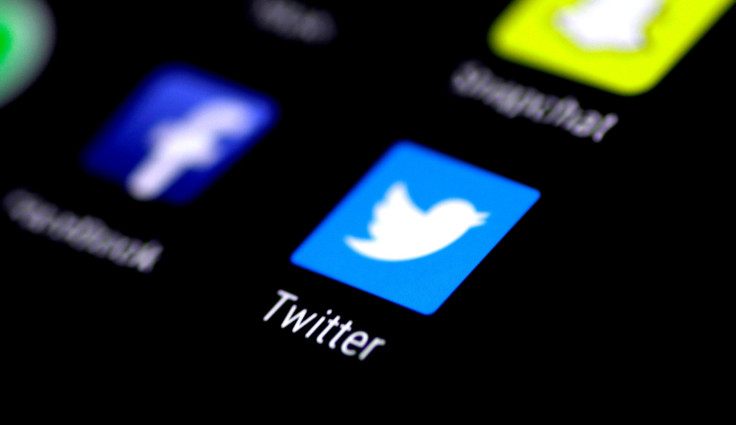Active Twitter Users Spread Misinformation And Rumors During Crises, Study Finds

The internet allows for the spread of information around the world faster than at any point of time in human history, and that brings with it the frequent dissemination of misinformation, a phenomenon particularly troublesome when it occurs during times of crisis (as exemplified by the Russian interference in the last U.S. presidential election). Research into behavior of active Twitter users during public emergencies found they were “likely to spread falsehoods” and that “most users fail to correct misinformation” even after it has been demonstrated to be wrong.
A study by two researchers from the State University of New York at Buffalo looked at two specific incidents — Hurricane Sandy of 2012 and the Boston Marathon bombing of 2013 — and analyzed over 20,000 tweets during those incidents. For both the hurricane and the marathon, the researchers picked two falsehoods each, and tracked their mentions on Twitter.
Jun Zhuang and Bairong Wang examined three different types of behavior by Twitter users — the spread of wrong information, seeking to confirm if the information was correct or not, and expressing doubt about the veracity of the information.
They found an overwhelming 85.86-91.4 percent Twitter users simply retweeted or liked the post containing misinformation, therefore spreading it. Between 5.39 and 9.37 percent of the users sought to confirm what they saw, while only 0.71-8.75 percent of Twitter users clearly expressed doubt at the information they saw.
However, the spread of misinformation didn’t end there. Even after some time had passed and the falsehoods had been proven to be wrong or mere rumors, only 2.94-10 percent of the rumor-mongers deleted their own misinformed tweets, while between 0 and 19.75 percent clarified the rumor with a new tweet. The majority, 78.13-97.06 percent of Twitter users, left the misinformation intact on their accounts, neither deleting the falsehood nor posting a clarification.
“To the best of our knowledge, this is the first study to investigate how apt Twitter users are at debunking falsehoods during disasters. Unfortunately, the results paint a less than flattering picture. … These findings are important because they show how easily people are deceived during times when they are most vulnerable and the role social media platforms play in these deceptions,” Zhuang, lead author of the study, said in a statement Friday.
The study did not consider Twitter users who may have seen tweets containing misinformation, and decided to simply ignore them, an important factor in understanding the findings of the study, Zhuang said.
“It’s possible that many people saw these tweets, decided they were inaccurate and chose not to engage,” he said.
In contrast to the behavior of Twitter users during disasters, the study also found that the social media platform itself moved quickly to rectify the misinformation being spread.
Titled “Rumor response, debunking response, and decision makings of misinformed Twitter users during disasters,” the paper was published online Friday in the journal Natural Hazards. Zhuang is conducting similar research around hurricanes Harvey and Irma too.
© Copyright IBTimes 2024. All rights reserved.





















